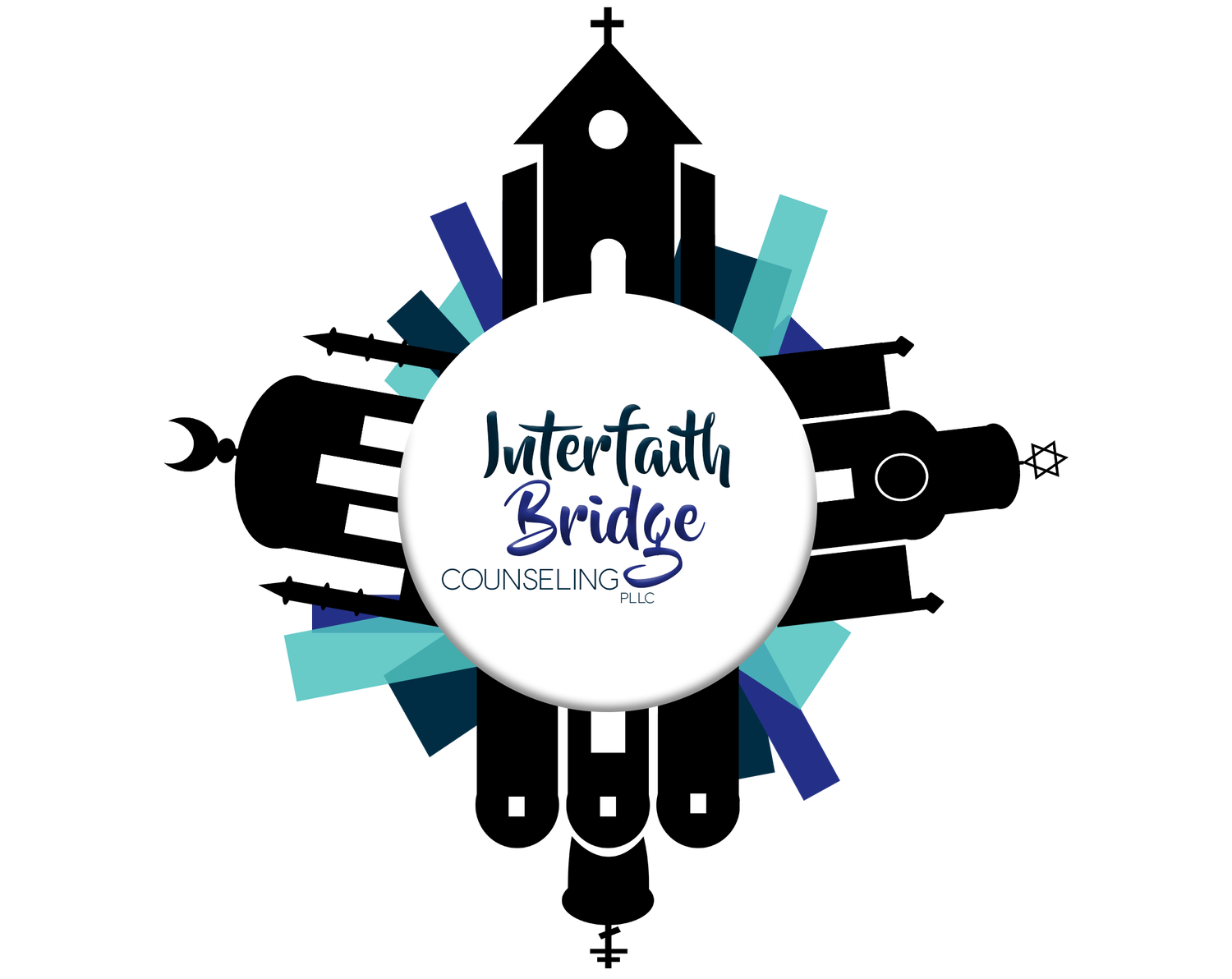Ehlers Danlos Syndrome Teen Support Group
Being a teenager is hard enough. When you’re a teenager diagnosed with a rare disease, like Ehlers Danlos Syndrome (EDS), the difficulties of living can feel more challenging and incredibly lonely. You’re balancing the daily stressors of simply being an adolescent alongside the fear and frustration of EDS-specific challenges like severe chronic pain, fatigue, brain fog, subluxations...and so much more. It’s exhausting.
But hey, that’s why we built this group. Our Colorado EDS Teen Support Group is a weekly therapy group tailored to high school teens diagnosed with (or pursuing a diagnosis of) Ehlers Danlos Syndrome or hypermobility spectrum disorder who are ready to explore their relationship with their diagnosis and gain a community of life-long peers, just like them.
A GROUP FOR COLORADO TEENS WITH EDS TO EXPLORE THEIR DISABILITY AND GAIN A LIFE-LONG COMMUNITY OF PEERS
This group meets on Fridays at 5:00 pm
$40 per group, scholarships available
Medicaid accepted
✔ Develop coping skills to support them in dealing with everyday challenges of having a disability
✔ Foster a life-long community of other people that share their lived experiences
✔ Discover how to be proud of who they are and the diagnosis’ that are now part of their life
✔ Learn how to advocate for their needs in a variety of environments, including in school, at the doctor's, and with other important relationships
This group is for teens who:
Are diagnosed (or seeking diagnosis) of any one of the 13 types of EDS or hypermobility spectrum disorder
Have felt challenged by their EDS and related medical complications
Feel alone or a lack of confidence because of their EDS
Want a greater understanding of how EDS can and will impact their lives
Are looking for a community of EDSers their own age
Need a brave space to process their feelings around having EDS and being disabled

Your Teen Group Facilitator
LENA H. MCCAIN | MA, LPC.0017723
This Colorado teen group meets online via a secure video platform and is led by Lena McCain, our Founder and Clinical Director. Lena has her Masters in Clinical Mental Health: Mindfulness-Based Transpersonal Counseling Psychology from Naropa University. From the Southwest to the Great Lakes to right here, she has worked with teens of all different backgrounds from all over the world for over 12 years. Diagnosed with hEDS and POTs at 14 years old, Lena has both witnessed AND experienced the unique opportunities as well as challenges that a medical condition like Ehlers Danlos Syndrome brings with it.
Together, Lena and this teen group will create a brave and safer space to explore disability as a part of life as well as foster a life-long community with peers who share similar lived experiences.
Frequently Asked Questions
-
Group therapy is a form of psychotherapy where a group of people come together under the guidance of a trained therapist to practice community healing and caretaking. For us at Interfaith Bridge, we describe group therapy as a safer space for teens to practice therapeutic skills and social bravery alongside a community of people their age.
Humans, especially young people, need other people. When we have other people who understand what we’re going through and why, we are happier, healthier, and ultimately, more capable. This is because positive, in-depth community relationships, help us:
• Encourage a more hopeful perspective through story sharing, validation, and appreciation
• Recognize that we are not alone in our lived experience and that there are other people who have been through or are experiencing a similar situation
• Learn new ways to express and talk about feelings, thoughts, and sensations
• Feel a sense of belonging to a community
• Build self-esteem through the experience of helping support others, which in turn, develop adaptive coping skills
• Understand how to accept and model accountability for one’s own behavior
• Have psycho-education around emotional challenges and learning factual information
Through group therapy here at Interfaith Bridge Counseling, teens are given the unique opportunity to explore and discover exactly who they are, who they want to be, and what it’s like to have a community that supports them through it all.
-
At this time, this support group is open to teens of high school age or equivalent who are diagnosed with or are pursuing a diagnosis of any of the 13 types of Ehlers Danlos Syndrome, including Hypermobility Spectrum Disorder.
If you are a family member or loved one looking for a support group for yourself, please feel free to reach out to us and we will try to provide you with information from our community.
-
Our EDS Teen Support Group is an interactive, online therapy group in Colorado that meets every week on Friday from 5:00 pm - 6:00 pm. Because this teen group meets virtually, we use a HIPAA-secure video platform for each meeting.
Our EDS Teen Support Group is an on-going teen therapy group and your start date is determined once you complete a group intake with Lena McCain, our Group Facilitator.
-
Our EDS Teen Support Group costs $40 per session, which can be paid per session or via a monthly charge. There is a one-time cost of $65 for an initial group intake to assess fit that is required for all new participants.
Interfaith Bridge Counseling, PLLC and it’s therapists are considered Out of Network Providers and do not accept insurance. However, upon request, we can offer you a superbill for you to submit to your insurance for possible reimbursement. Though we cannot guarantee that your specific insurance will offer you reimbursement for our services.
If you are a teen participant with Medicaid, you are able to attend this group free of cost.
-
Yes. Each teen participant is required to make a six-session commitment, which is a total of six weeks, both physically and financially.
This six session commitment is required as group therapy is a very intimate and vulnerable experience that uplifts and practices community caretaking. Each individual member offers their time and emotional labor willingly in our group therapy sessions, cultivating healthy and long-term relationships with one another. This six session commitment honors the time, effort, and openness that our group therapy communities value and readily give.
-
It is important to note that our office is entirely virtual - we no longer have a physical location at this time. Because our office is virtual, you are able to join on a phone, tablet, or computer using the Google Meets app or dialing in once you have been given access to our Google Meets link. Through our virtual office, we are also able to assist you in turning on closed captioning and using the chat feature as additional, accessible ways to engage our virtual office.
It is also important to note that all group attendees reserve the right to accommodations while part of our community. We are more than able to help create solutions and meet sensory needs as requested.
-
Yes.
We believe that it is our responsibility as a mental health organization and community to promote policies, laws, and programs that affirm, support, and value LGBTQIA+ youth, families, and communities. Therefore, Interfaith Bridge Counseling, PLLC, our staff, and ALL of our services, including our teen groups, are LGBTQIA+ friendly, affirming, and competent. -
No, this group is not a part of a specific religion or belief system.
We use the word interfaith because to us, it means the exploration and bridging of various beliefs, values, traditions, cultures, and/or faiths. This is something that we believe all people can relate on, regardless of how they do or do not identify. When we work with people as a whole for who they are and who they aspire to be, this becomes a necessary part of the therapeutic process.

![[Image] Teen girl in green sweater dancing and smiling.](https://images.squarespace-cdn.com/content/v1/63d95f727c30a3483f4424e4/a1c9740f-67ac-4a37-8f4a-0c3a7db97189/EDS-Support-Group-for-Teens-Denver-CO-Teen-Ehlers-Danlos-Syndrome.jpeg)
![[Image] Teal scribble heart with words "Group Details."](https://images.squarespace-cdn.com/content/v1/63d95f727c30a3483f4424e4/452c06b0-d0b8-4017-b249-19400066cf09/Teen-Chat-Anxiety-Group-Group-Details-Colorado.jpeg)
![[Image] Scribble picture with black and white zebra stripes.](https://images.squarespace-cdn.com/content/v1/63d95f727c30a3483f4424e4/648654f1-1836-449b-92ba-607b663c089b/Ehlers-Danlos-Teen-Support-Group-Colorado-Virtual-Colorado.png)
![[Image] Scribble picture with black and white zebra stripes.](https://images.squarespace-cdn.com/content/v1/63d95f727c30a3483f4424e4/b6f6a894-61db-4214-84f0-10b1b41fb3ff/Online-EDS-Teen-Support-Group-CO.png)
![[Image] Scribble picture of Caucasian woman with hands on her head in front of a graffiti painted wall.](https://images.squarespace-cdn.com/content/v1/63d95f727c30a3483f4424e4/25230ea4-ab0b-468d-925c-e6406f7fb6dc/Lena-McCain-Teen-Group-Therapy-CO-Interfaith-Bridge-Counseling.png)